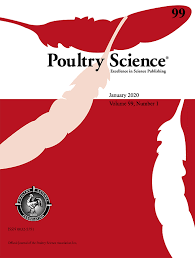Document type: scientific article published in Animals
Authors: Jessica E. Stokes , Elizabeth Rowe, Siobhan Mullan, Joy C. Pritchard, Rachel Horler, Marie J. Haskell, Cathy M. Dwyer, David C. J. Main
Preview: On-farm welfare assessment tends to focus on minimising negative welfare, but providing positive welfare is important in order to give animals a good life. This study developed a positive welfare framework for dairy cows based on the existing scientific literature which has focused on developing positive welfare indicators, and trialled a participatory approach with farmers; refining the framework based on their recommendations, followed by a vet pilot phase on farm. The results revealed that farmers and scientists agree on what constitutes "a good life" for dairy cattle. Farmers value positive welfare because they value their cows' quality of life, and want to be proud of their work, improve their own wellbeing as well as receive business benefits. For each good life resource, the proportion of farmers going above and beyond legislation ranged from 27 to 84%. Furthermore, barriers to achieving positive welfare opportunities, including monetary and time costs, were not apparently insurmountable if implementation costs were remunerated (by the government). However, the intrinsic value in providing such opportunities also incentivizes farmers. Overall, most farmers appeared to support positive welfare assessment, with the largest proportion (50%) supporting its use within existing farm assurance schemes, or to justify national and global marketing claims. Collaborating with farmers to co-create policy is crucial to showcase and quantify the UK's high welfare standards, and to maximise engagement, relevance and uptake of animal welfare policy, to ensure continuous improvement and leadership in the quality of lives for farm animals.






